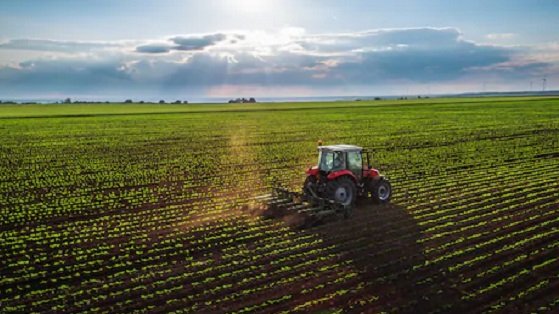Researchers from NIT Andhra Pradesh develop nanoparticles-based food packaging materials
Nanoparticle-based materials offer a greater advantage over conventional and non-biodegradable packing materials
Researchers at the National Institute of Technology (NIT) Andhra Pradesh, collaborating with other institutes, have demonstrated how the concept of nanotechnology can be used to develop food packaging materials that enhance the shelf-life, maintain quality, retain the flavour and colour of packed food materials.
Nanoparticle-based materials offer a greater advantage over conventional and non-biodegradable packing materials by enhancing the functional properties of foods such as bio-availability, taste, texture, flavour, and shelf-life. Additionally, nanomaterials in the form of sensors can be employed to maintain the temperature, detect pathogens, pesticides, toxins, and other chemicals in packed foods.
The research also discusses the role of various government agencies in addressing the safety issues, bringing the legislation and regulations on the use and application of nanomaterials. It highlights how bio-based polymers can be blended with nanoparticles to make more efficient and effective packing materials.
Researchers have also emphasised how confidence can be built among the consumers by maintaining transparency in evaluating the effects of nanoparticles on humans and the surrounding environment and accentuated how researchers and industries should develop products that can easily get public acceptance. If the safety and security issues get addressed, nanotechnology will revolutionise the food processing and packaging industry to a great extent and minimise food wastage.
Nanoparticle-based materials offer a greater advantage over




